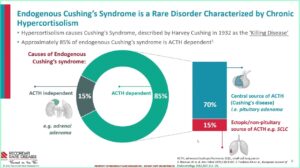NEW YORK (Reuters Health) – Women with familial hypercholesterolemia (FH) do not appear to be at increased risk of adverse pregnancy outcomes, Norwegian researchers report in a September 12th on-line paper in Circulation.
“The bottom line,” Dr. Per Ole Iversen told Reuters Health by email, “is that FH women can safely be pregnant, and that they most likely will give birth to healthy children.”
Dr. Iversen of the University of Oslo and colleagues note that such women are prone to early cardiovascular disease and death. In addition, epidemiological data indicate that maternal hyperlipidemia is associated with preterm delivery.
To determine whether FH might have this and other untoward effects, the team examined data for a period of 40 years covering FH women aged at least 14 years and about 2 million women in a birth registry for the general population.
Ultimately the group analyzed information on 2319 births in 1093 women with heterozygous FH. The mean age for women giving birth for the first time was 28 years for both FH women and women in the general population. The fertility rate was also similar.
In Norwegian hospitals, the researchers point out, the reference ranges for serum total cholesterol concentrations among fertile women are 2.9 to 6.1 mmol/L. In the FH women, the mean was 9.59 mmol/L. LDL cholesterol levels were also highly elevated. Concentrations during pregnancy were not available.
The frequency of prematurity was 6.8% in the FH group and 6.2% in the general population. Corresponding proportions for low birth weight were 5.0% and 5.2%, and for congenital malformations, they were 3.3% and 3.2%.
Nineteen FH mothers were identified as using lipid-lowering drugs during pregnancy. Birthweights were not significantly different from those not using any medication. No congenital malformation were seen in this group.
The study has limitations, the researchers conclude, but shows that the severely increased levels of total and LDL cholesterol caused by this disorder are “apparently not associated with increased risk for mother or infant during pregnancy or delivery.”
Reference:
Pregnancy Outcomes in Familial HypercholesterolemiaA Registry-Based Study
Circulation 2011.




